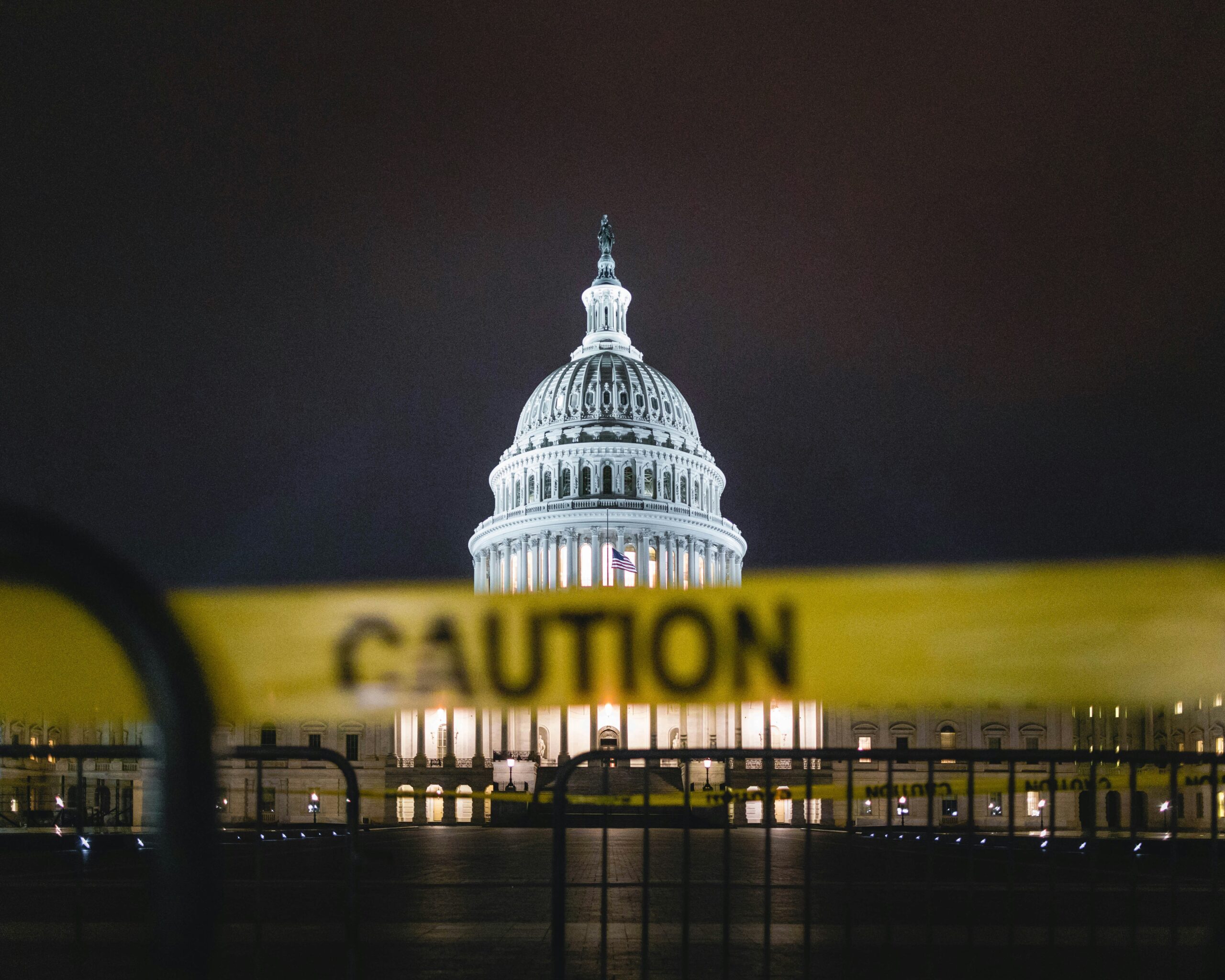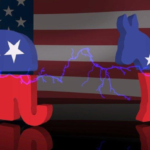
Over the last week, concerns have been raised over TikTok’s Chinese owners and the implications on Western users, specifically US users. The US House of Representatives has passed a bill that will remove the app from all US stores unless its owner, Chinese company ByteDance, sells its stake in the platform. If the US bans the app, many other countries, particularly its NATO partners, will likely follow suit, calling the app’s future into question.
This comes after last year when all US government agents were told to remove the app from their devices over fears of threats to national security. India had already banned the app in 2020 over similar security fears.
The most prevalent concern raised against the app is the excessive amounts of data collected from its consumers. However, relative to other similar social media platforms, it’s no different; many platforms harvest the same data to track user behaviour via multiple similar data points.
The biggest issue the US has is that, in contrast to other platforms, it isn’t a US-founded or owned company. In Trump’s 2020 executive order, he alleged the collection of data could allow China to “track the locations of federal employees and contractors, build dossiers of personal information for blackmail, and conduct corporate espionage“ While this may seem like a purely hypothetical claim, it comes from a law in China (Article Seven of China’s National Intelligence Law) that all Chinese organisations should support and assist Chinese intelligence. Notwithstanding, TikTok continues to make statements claiming that the Chinese government cannot access the data of non-Chinese users and that user data isn’t stored in China but in Singapore and the US.
The algorithm also raises concerns for the US, as it has the potential for exploitation by the Chinese government to influence foreign users and dictate what they see on their feeds. The platform creates echo chambers that can nurture extremist views and drive polarised opinions. Under the direct control of the Chinese State, this has the potential to dictate public opinion within the US, allowing them to influence elections or undermine values on democracy. A quarter of the US population says they use the app as a regular news source, and this creates a security vulnerability, especially as the algorithm is individually catered, making tampering much more challenging to detect.
Despite this, there does not seem to be much open-source evidence of China controlling this algorithm, with TikTok not openly displaying any substantive Chinese narratives (for example, topics like the independence of Taiwan still go viral). Seemingly harmless for now, in times of conflict, TikTok is a potential liability (a “Trojan Horse”), hence the demand for it to be separated from the Chinese leadership. Notably, US-based apps are banned in China over similar fears, so this policy mirrors the route taken by the Chinese government. While this makes sense strategically, is it one step closer to Chinese-level censorship?
Image, “Caution Tape at the United States Capitol in Washington D.C.”, Andy Feliciotti, 2019, licenced at Unsplash



Average Rating